Volvo is claiming a revolution in diesel engine technology as part of its all-new engine family.
From the autumn, Volvo will roll out its exclusively 2.0-litre, four-cylinder DRIVE-E diesel and petrol engines initially in the Volvo S60, Volvo V60 and Volvo XC60. These will replace eight existing engine families across all model lines and spell the end four five-, six- and eight-cylinder Volvos.
The engines will be offered with different levels of turbocharging and, in some instances, mated to front or rear-mounted hybrid systems for front- or all-wheel drive to power anything from a super-frugal economy model to cars with performance comparable with a V8.
Each will be hooked up to a new eight-speed automatic or “enhanced” six-speed manual gearbox.
The diesel breakthrough, Volvo claims, is with its i-Art injection technology. Each injector in the common rail is fitted with a small computer that ensures the optimum amount of fuel is injected into each cylinder at a pressure of up to 2500 bar, rather than each injector providing a constant, single pressure. Improved economy, performance and sound are all promised.
The first DRIVE-E diesel engine to get the i-Art technology will be the D4 unit with 179bhp. Diesels with between 118bhp and 227bhp will be offered.
The Volvo designed and developed DRIVE-E engine family, which was known as Volvo Engine Architecture or VEA through its development, also includes petrols with between 138bhp and 300bhp-plus.
The first petrols are a 302bhp T6 and a 230bhp T5. Higher performance petrols feature a supercharger as well as a turbocharger to provide more low-end torque for a more linear torque curve and normally aspirated feel.

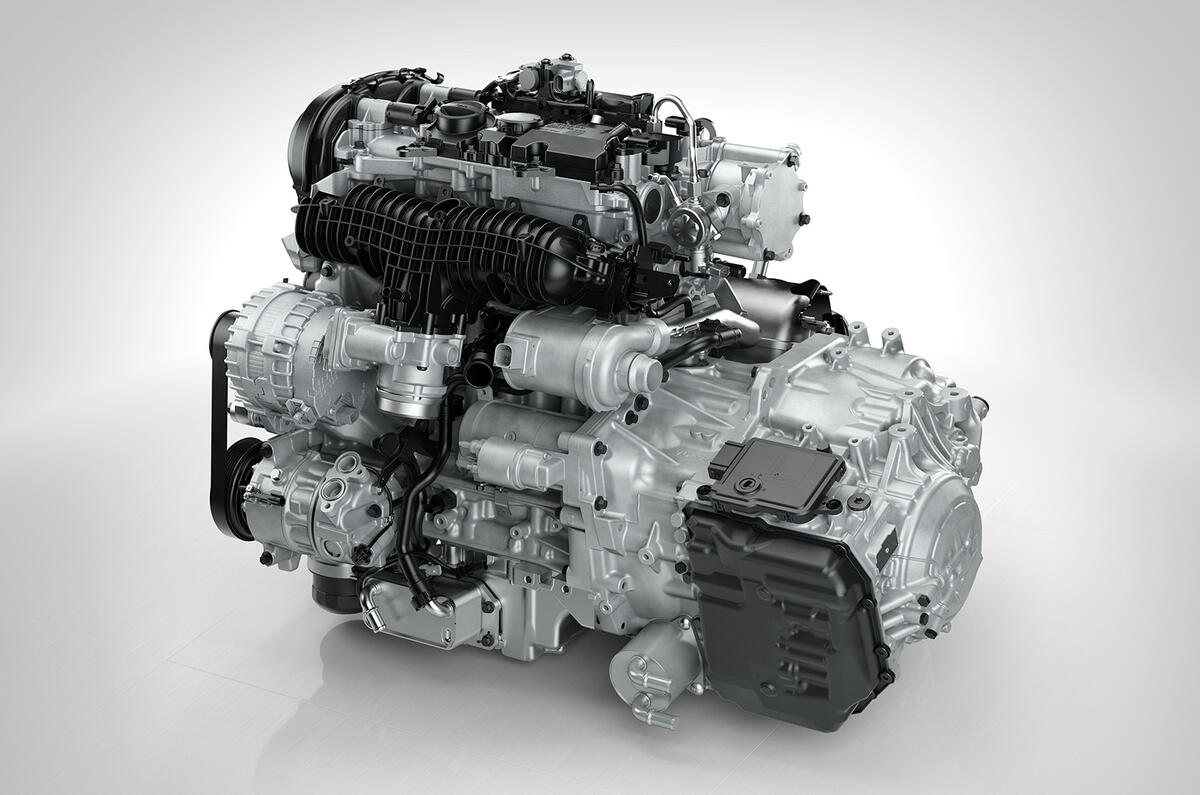
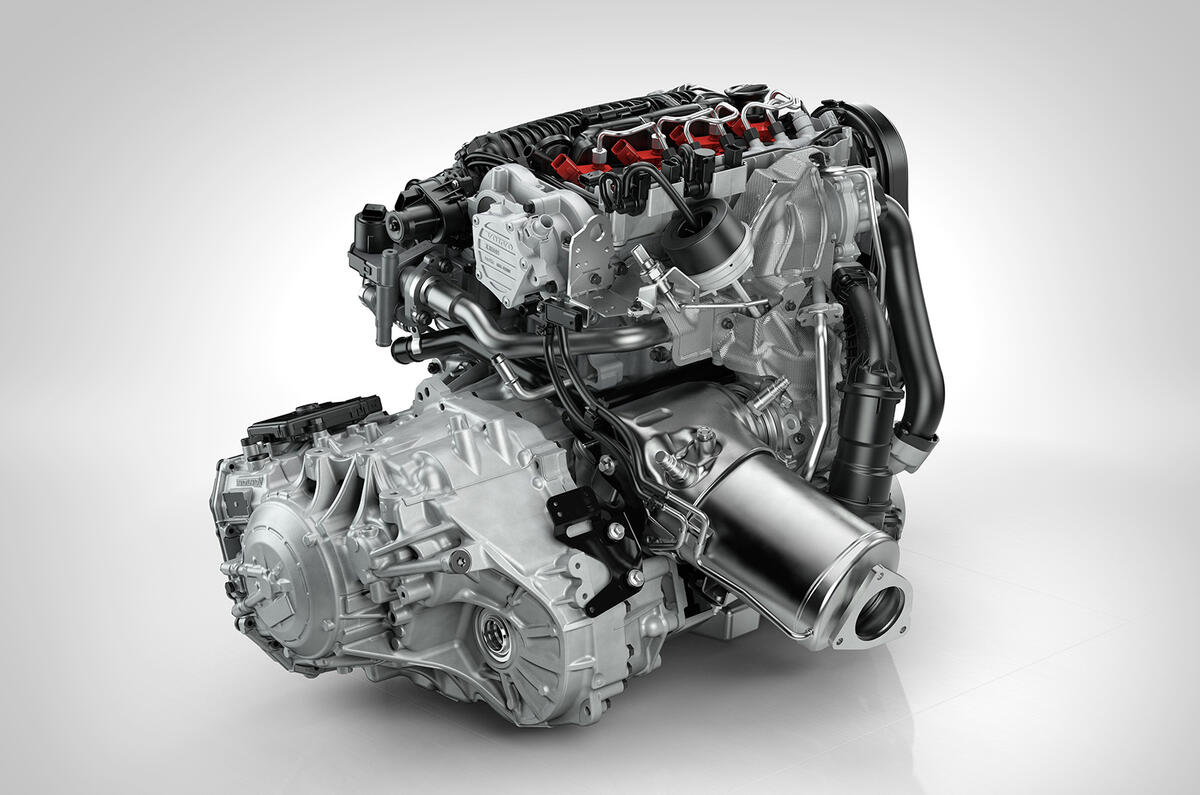
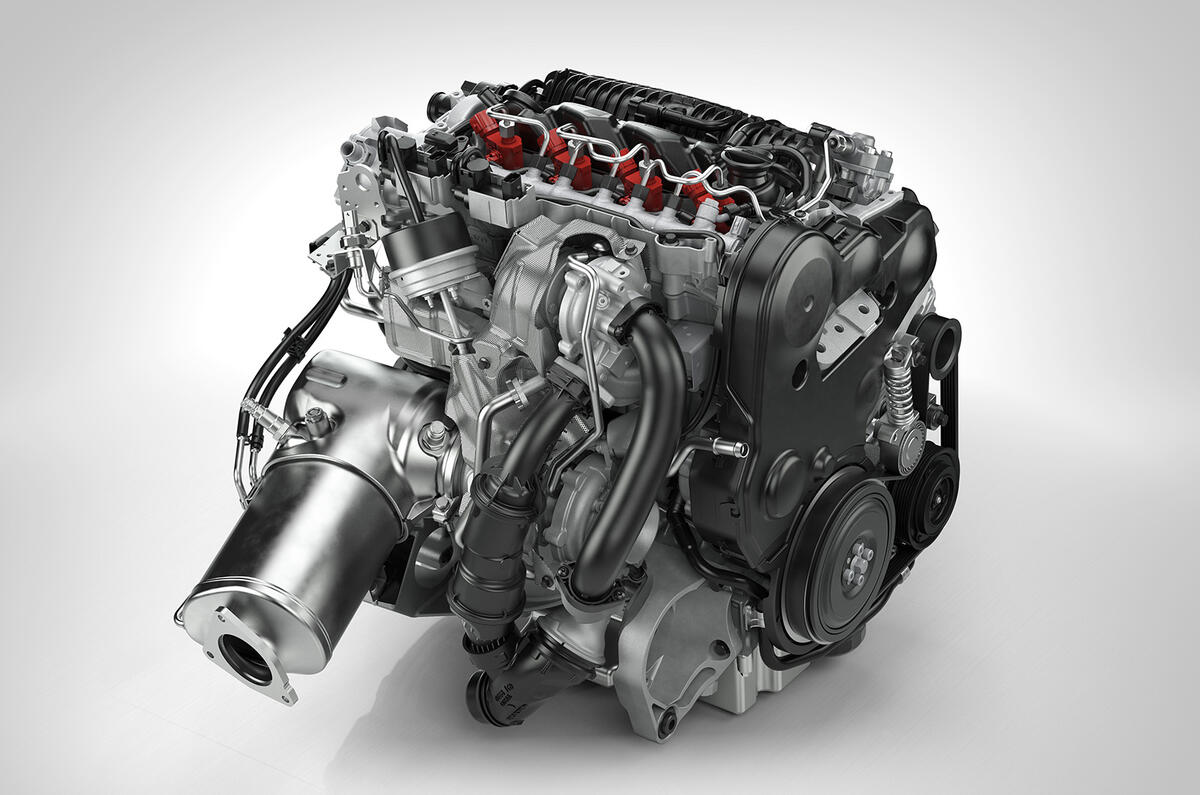
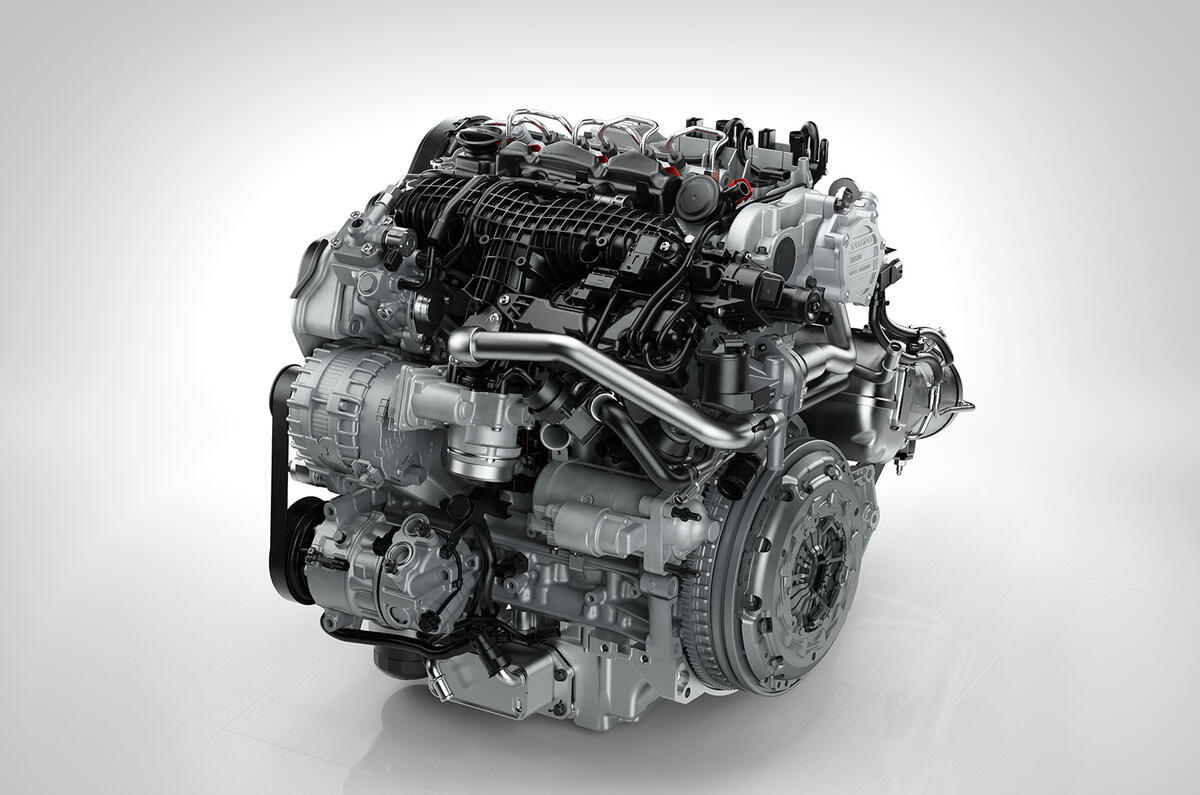
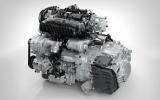
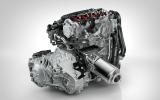
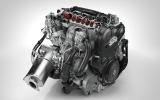
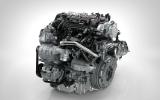






Join the debate
Add your comment
Stop guessing how long it will take to reach the next rank. Use this accurate Anime Fighting Simulator Endless calculator to plan your AFK sessions and see exactly how many stats you gain per minute
Instead of posting blurry screenshots, you can recreate your setup in this Interactive Hive Builder. It automatically calculates your melody coverage and bond stats.
Instead of posting blurry screenshots, you can recreate your setup in this Interactive Hive Builder. It automatically calculates your melody coverage and bond stats.